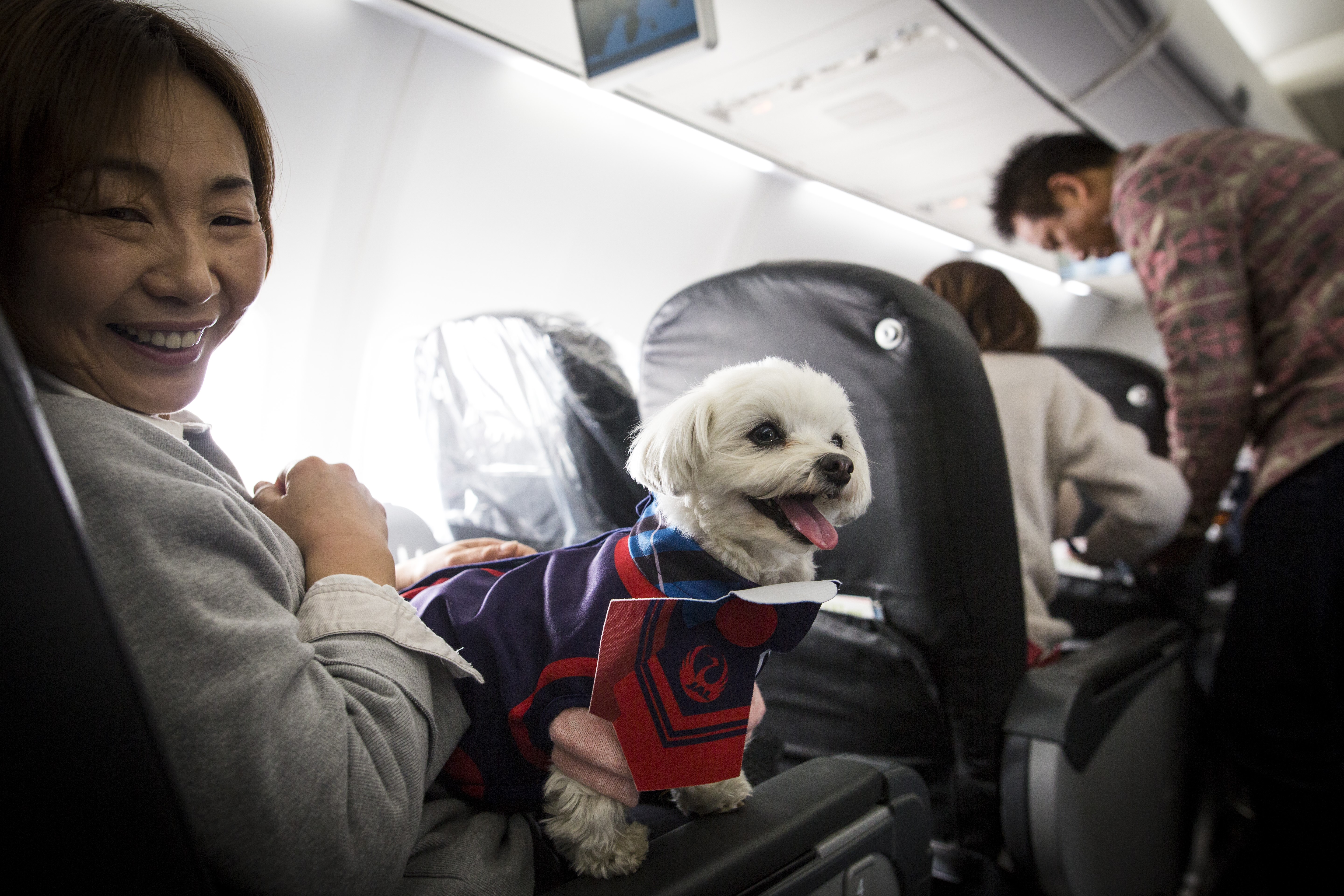Assistance dogs are highly trained animals that provide a range of services to people with disabilities. These services may include guide dogs for people with visual impairments, hearing dogs for people with hearing impairments, and service dogs for people with mobility or other disabilities. Assistance dogs play a vital role in helping their owners to navigate the world and live more independently. In the UK, there are laws that protect the rights of assistance dog owners and ensure that they can access public spaces and services without discrimination. In this blog post, we will explore the legal rights and protections afforded to assistance dog owners in the UK.
The Equality Act 2010
The Equality Act 2010 is the primary piece of legislation that protects the rights of assistance dog owners in the UK. Under the Act, it is illegal for service providers to discriminate against people with disabilities, including those who use assistance dogs. Service providers are defined as anyone who provides goods, facilities, or services to the public, including businesses, charities, and public sector organizations.
The Act requires service providers to make reasonable adjustments to ensure that people with disabilities can access their goods, facilities, and services. This may include allowing assistance dogs into their premises, providing alternative formats for written information, or making changes to physical access to their facilities. Failure to make reasonable adjustments is considered discrimination and is illegal under the Act.
How Is An Assistance Dog Defined In UK Law?
Assistance dogs are defined by the Equality Act 2010 as any dog that is specifically trained to assist a person with disabilities. This includes guide dogs, hearing dogs, and mental health assistance dogs. It does not include pets or emotional support animals. Under the law, service providers must make reasonable adjustments to ensure people with disabilities can access their services. This ma
The assistance dog must be trained to meet the specific requirements of the user and must be able to demonstrate a good standard of behaviour in public. Assistance dogs must also wear an identifying vest, or other form of identification, when in public so that it is clear that they are working animals. In addition, all assistance dogs should have valid
Assistance Dogs (UK) and Public Access
Assistance Dogs (UK) is a charity that provides accreditation for assistance dogs in the UK. The charity has set standards for the training and behavior of assistance dogs, and accredits dogs that meet these standards. Accreditation by Assistance Dogs (UK) is not a legal requirement, but it can be helpful in providing evidence that a dog is a genuine assistance dog.
Assistance Dogs (UK) has also developed a Public Access Test that assesses the behavior of assistance dogs in public spaces. The test assesses a dog's ability to remain calm and well-behaved in a range of situations, including crowded places, public transport, and in the presence of other dogs.
The Public Access Test is not a legal requirement, but it can be useful in demonstrating that an assistance dog is well-behaved and trained to a high standard. Some service providers may ask to see evidence of the Public Access Test before allowing an assistance dog onto their premises, but this is not a legal requirement.
Access to Public Transport
Under the Equality Act 2010, assistance dog owners have the right to access public transport with their dogs. This includes buses, trains, and taxis. Service providers are required to make reasonable adjustments to ensure that assistance dog owners can access their services. This may include allowing the dog to travel with their owner, providing assistance to the owner and dog, or providing alternative transport if necessary.
In some cases, service providers may impose restrictions on assistance dogs, such as requiring them to wear a muzzle or travel in a specific area of the vehicle. However, these restrictions must be reasonable and based on a genuine assessment of the dog's behavior. Service providers cannot impose blanket restrictions on all assistance dogs without justification.
Access to Accommodation
Under the Equality Act 2010, assistance dog owners have the right to access accommodation with their dogs. This includes rental accommodation, such as flats and houses, as well as hotels and other forms of temporary accommodation. Landlords and hoteliers are required to make reasonable adjustments to ensure that assistance dog owners can access their accommodation.
In some cases, landlords and hoteliers may have concerns about damage to their property or other issues related to the dog's behavior. However, these concerns must be based on genuine evidence and cannot be based on assumptions or stereotypes about assistance dogs. Landlords and hoteliers cannot refuse to rent accommodation to assistance dog owners without justification.
Access to Education
Under the Equality Act 2010, educational establishments are required to make reasonable adjustments to ensure that assistance dog owners can access their education. This includes making arrangements for the attendance of an assistance dog if necessary. Educational establishments must be willing to consider requests from assistance dog owners and cannot simply refuse without justification.
Access to Healthcare
Under the Equality Act 2010, healthcare providers are required to make reasonable adjustments to ensure that assistance dog owners can access healthcare. This includes making arrangements for the attendance of an assistance dog if necessary. Healthcare providers must be willing to consider requests from assistance dog owners and cannot simply refuse without justification.
Access in Other Establishments
The Equality Act 2010 also applies to any other service provider or premises open to the public. This includes restaurants, shops, leisure facilities and medical centres. Assistance dog owners have a right to access these places and service providers must make reasonable adjustments to ensure access is available. This could include making arrangements for the attendance of an assistance dog if necessary. Service providers must be willing to consider requests from assistance dog owners and cannot simply refuse without justification.
Furthermore, providers must not discriminate against an individual because of the presence of their assistance dog or charge for the attendance of such dogs. If a provider does wish to make additional charges, this must be clearly stated on their website or in writing and should apply equally to all customers with assistance dogs. Failure to follow these regulations will result in legal action. It is important that those with assistance dogs understand their rights and the importance of abiding by the law regarding access to services. They should also be aware of how best to handle any difficulties or disputes they may face when accessing a service. Ultimately, this will ensure that both owners and providers are better equipped to handle such situations in the future.
It is our hope that, by providing this information and guidance, we can help make life easier for both owners and providers of assistance dogs. We encourage everyone to work together in order to ensure that the rights of those with assistance dogs are upheld and respected. Together, we can create an inclusive society where all people have equal access to services.
If you have any further questions or queries, please do not hesitate to contact us. Our team of experienced professionals are always here to assist in any way we can. We hope that the information provided on this website has been useful and will help you in your journey to find a suitable assistance dog for yourself or someone else. Thank you again for being part of our community and helping us create an even more inclusive society where everyone can benefit from the companionship of an assistance dog.













